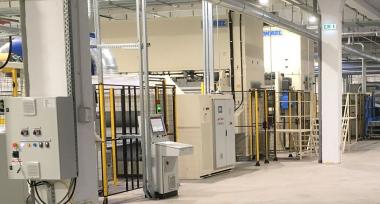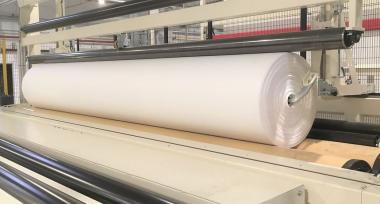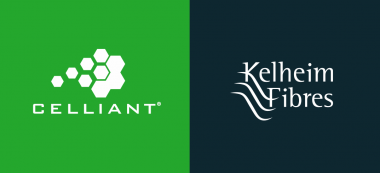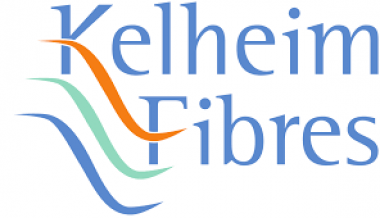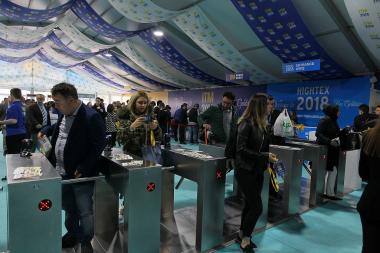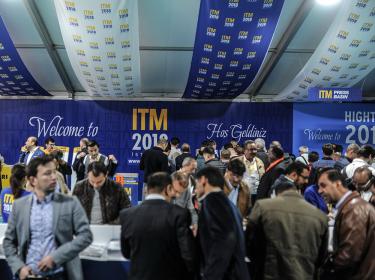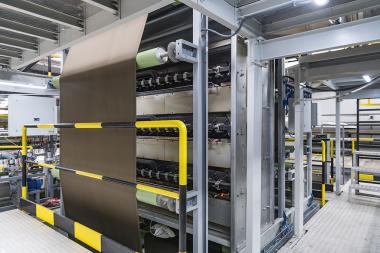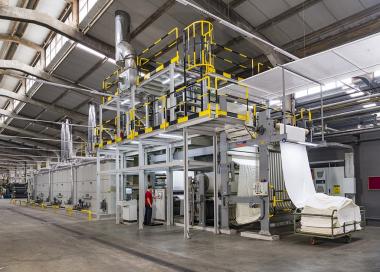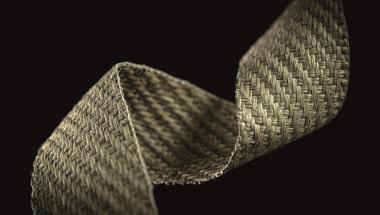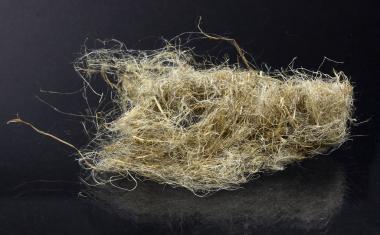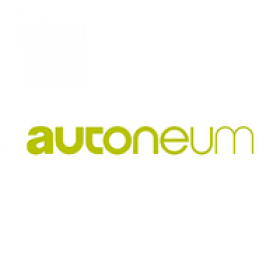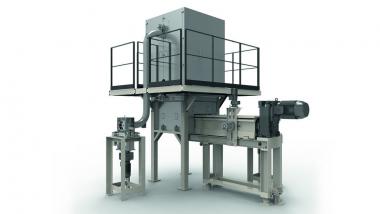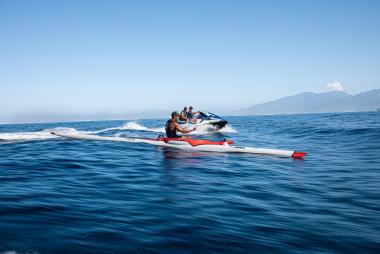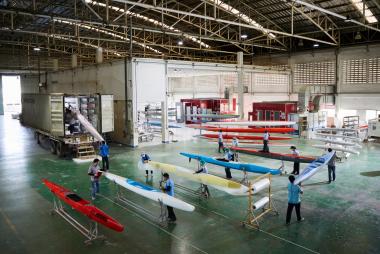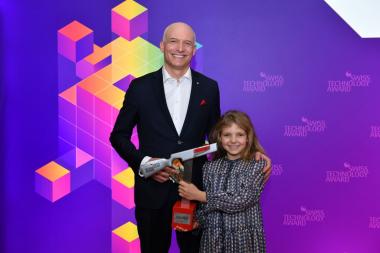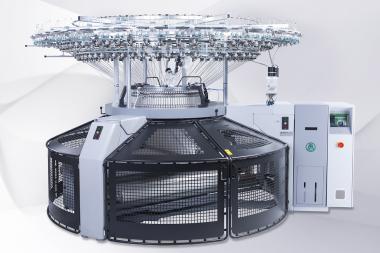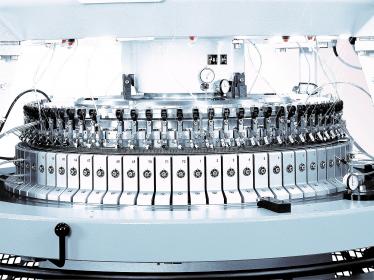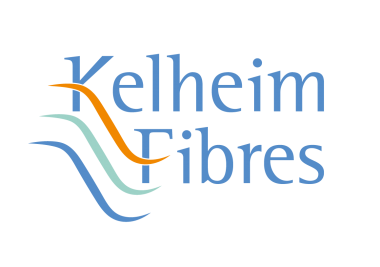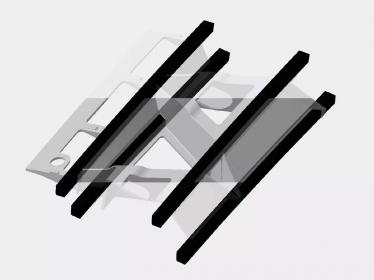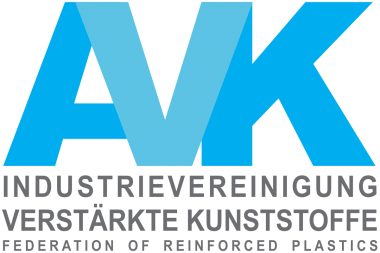ANDRITZ to supply spunlace line for Minet
International technology Group ANDRITZ has received an order to supply a neXline spunlace eXcelle line to Minet S.A, based in Ramnicu Valcéa, Romania, for processing various fibers from 25 to 70 gsm to produce a wide range of hygiene products. Start-up is expected during the second quarter of 2022.
ANDRITZ will deliver a complete line, from web forming to drying. The line will integrate one high-speed TT card, the robust Jetlace Essentiel hydroentanglement unit equipped with a neXecodry S1 system for energy saving, and a neXdry double-drum through-air dryer.
The close collaboration between ANDRITZ and Minet in needlepunch was an important consideration in the choice of supplier for the spunlace line as well as the fact that ANDRITZ is recognized as the benchmark for production of premium spunlace roll goods.
Just recently, ANDRITZ successfully completed the commissioning of a neXline needlepunch eXcelle line for Minet. This line is dedicated to the production of automotive products made from a large variety of fibers. For this contract, ANDRITZ delivered a complete line from fiber preparation to end-of-line, also integrating card, crosslapper, batt drafter, two needlelooms and a Zeta felt drafter with a working width of more than 6 m. The line is also equipped with the unique ProDyn web profiling system, operating as a closed-loop control system in order to ensure perfect evenness of the products.
ANDRITZ AG


